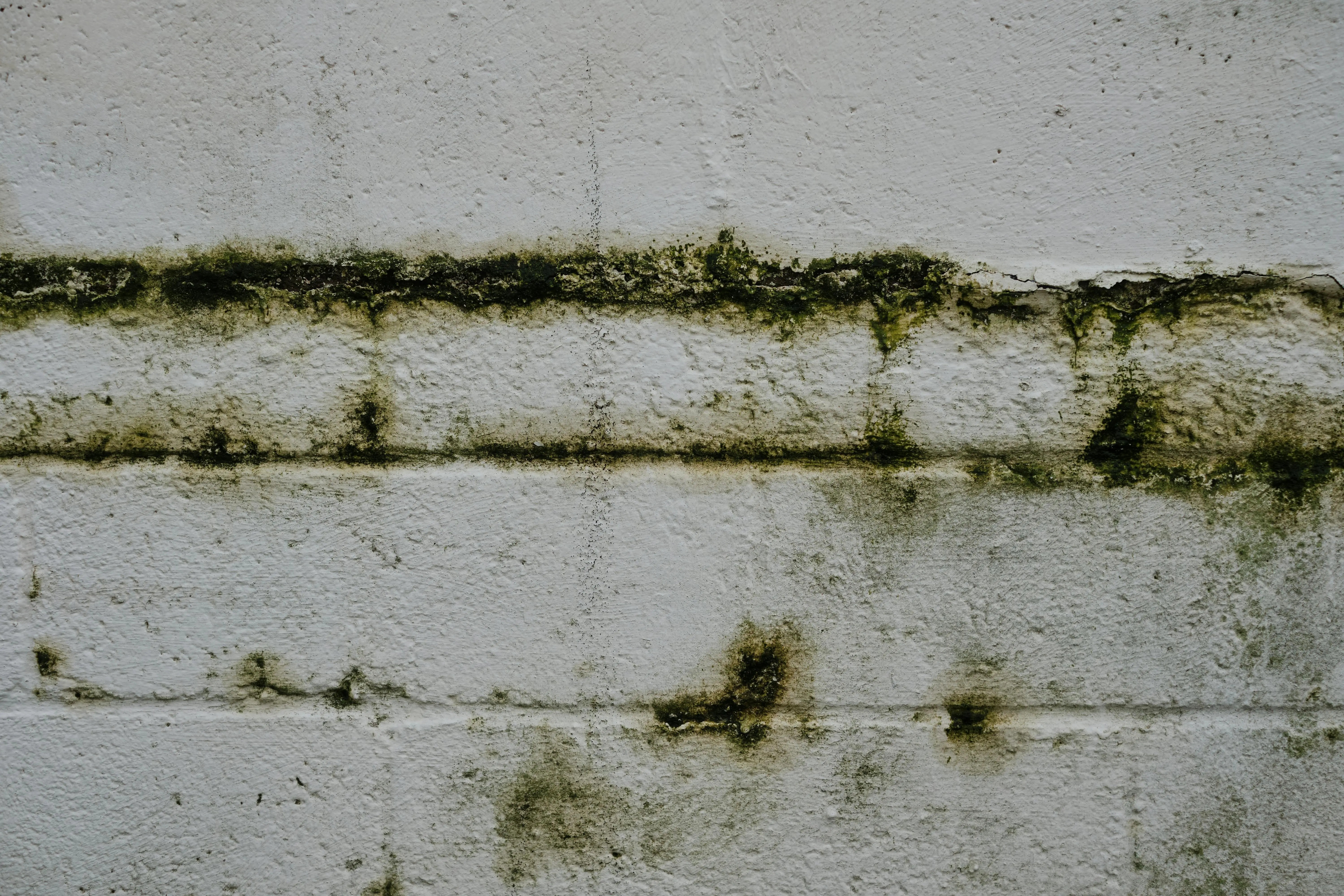Lemon or Bleach: Which Kills More Germs?
Curious if natural cleaners like lemon can really stand up to powerful disinfectants like bleach? This article compares lemon and bleach head-to-head, explaining how each works, which kills more germs, and when to use them in your home.

When it comes to keeping your home clean and germ-free, you’ll hear lots of advice: “Use natural lemon juice!” or “Only bleach really kills bacteria!” So, which is true? Can the humble lemon really compete with powerful bleach, or are they in totally different leagues?
Let’s break it down so you know when to grab a lemon and when bleach is the smarter choice.
Why do people compare lemon and bleach in the first place?
Both lemon juice and bleach are popular household cleaning options, but for very different reasons.
- Lemon juice is natural, safe, smells fresh, and has mild antibacterial and antifungal properties. It’s often praised in DIY cleaning hacks and is gentle enough for kitchens, cutting boards, and surfaces that touch food.
- Bleach (sodium hypochlorite) is a strong chemical disinfectant proven to kill a wide range of bacteria, viruses, and mold. It’s powerful, but also harsh—so it comes with safety concerns.
Because lemons feel safe and eco-friendly, many families wonder: Do I really need bleach, or will lemon juice work just as well?
Does lemon kill germs?

The science behind lemon
Lemon juice contains citric acid, which has mild antibacterial and antifungal properties. Studies show lemon can help reduce bacteria on surfaces, and its acidity makes it effective at cutting grease and neutralizing odors.
What lemon is good for
- Freshening cutting boards
- Deodorizing microwaves
- Removing mild stains
- Loosening mineral deposits on faucets
- Adding a pleasant scent
But here’s the key: Lemon is more of a cleaner (removing dirt, grease, and some microbes) than a true disinfectant. It won’t kill dangerous germs like E. coli, salmonella, or viruses on its own.
Does bleach kill germs?

The science behind bleach
Bleach is one of the most powerful and widely used disinfectants in the world. It works by breaking down the proteins in bacteria, viruses, and fungi, effectively destroying them.
What bleach is good for
- Disinfecting bathrooms and toilets
- Killing mold and mildew
- Sanitizing sinks, trash bins, and drains
- Disinfecting laundry (especially whites)
- Neutralizing viruses and harmful bacteria
Unlike lemon, bleach is a true disinfectant recognized by health organizations worldwide, including the CDC and Health Canada.
Lemon vs. Bleach: Which kills more germs?
There’s no contest: bleach kills far more germs than lemon.
- Bleach: Proven to kill 99.9% of bacteria, viruses, and fungi when used properly. It’s essential for sanitizing high-risk areas like bathrooms, kitchens, and anywhere harmful microbes may linger.
- Lemon: Has light antibacterial properties but is not powerful enough to reliably kill dangerous pathogens. It’s best for cleaning, deodorizing, and light freshening.
In other words: lemon can clean, but bleach disinfects.
When should you use lemon instead of bleach?
Bleach isn’t always the right choice. Sometimes lemon is the better (and safer) option.

Use lemon when:
- You’re cleaning kitchen surfaces where food is prepared.
- You want to deodorize without harsh chemicals.
- You’re wiping down cutting boards or fridges.
- You’re cleaning around kids or pets and want to avoid strong chemicals.
When should you use bleach instead of lemon?
There are times when only bleach will do.

Use bleach when:
- You need to disinfect bathrooms, sinks, and toilets.
- You’re dealing with mold or mildew.
- Someone in the house is sick, and you want to kill germs.
- You need to sanitize laundry (like towels, sheets, or whites).
- You’re cleaning garbage bins, drains, or outdoor areas.
Can lemon and bleach be used together?
Absolutely not! 🚫
Mixing bleach with anything acidic (like lemon or vinegar) produces toxic chlorine gas, which can be very dangerous to breathe in. Always use them separately and with proper ventilation.
How to balance natural cleaning and disinfection
The best approach for families in Toronto and the GTA is to use both strategically:
- Use lemon (or vinegar/baking soda) for everyday cleaning, deodorizing, and surface freshening.
- Use bleach for disinfecting high-risk areas or when someone in the household is ill.
This way, you get the best of both worlds—natural cleaning most of the time, and heavy-duty disinfection when it really matters.
FAQs: Lemon vs. Bleach in Cleaning
Can lemon juice replace bleach as a disinfectant?
No. Lemon juice is a mild cleaner but not a registered disinfectant. Bleach is far more effective at killing harmful germs.
Is bleach safe to use in the kitchen?
Yes, but use caution. Always dilute bleach properly, rinse surfaces afterward, and avoid direct contact with food.
Is lemon safe for all surfaces?
Mostly, yes—but avoid using lemon on marble or natural stone surfaces. The acid can damage them.
What’s the safest way to use bleach at home?
Dilute bleach with water (usually 1 part bleach to 9 parts water for disinfecting), wear gloves, and ensure good ventilation.
Which is better for the environment?
Lemon juice is eco-friendly and safe for septic systems. Bleach, while effective, should be used sparingly and responsibly.
Final Thoughts
So, lemon vs. bleach: which kills more germs? The clear winner is bleach. It’s a powerful disinfectant that kills harmful bacteria, viruses, and fungi. But that doesn’t mean lemon has no role—lemon is excellent for everyday cleaning, deodorizing, and freshening, especially in kitchens or around children and pets.
The smart move for most households? Use lemon for daily, budget-friendly, eco-friendly cleaning—and save bleach for the heavy-duty jobs where true disinfection is needed.
At Scrubishly, we understand the balance between natural cleaning and effective sanitization. Our team uses safe, professional techniques to give Toronto and GTA families sparkling clean homes—without the stress of figuring out when to use lemon, bleach, or both.
.webp)

